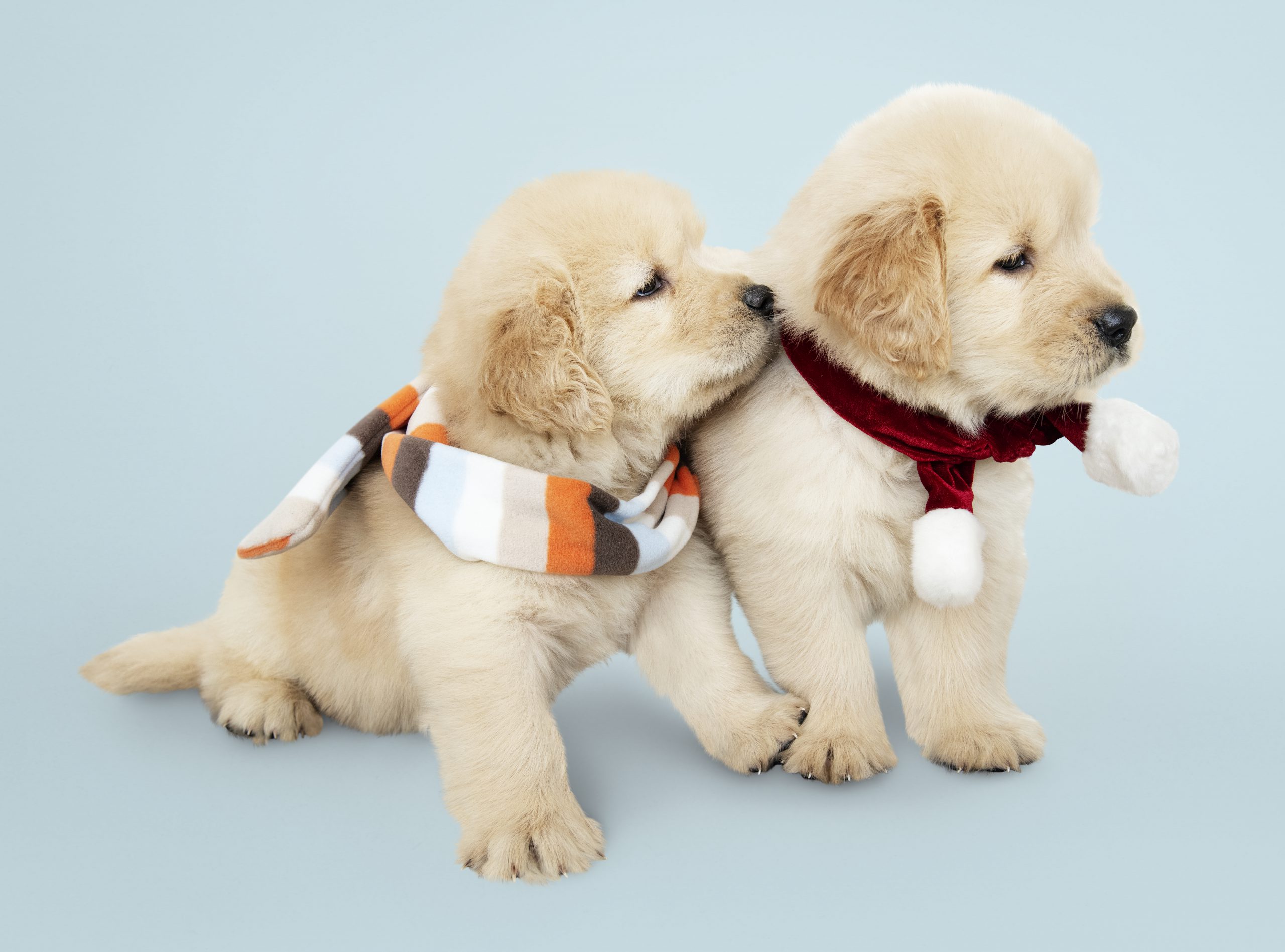Full article with thanks to https://www.nawt.org.uk/advice/keeping-pets-safe-autumn?gclid=CjwKCAjw2dD7BRASEiwAWCtCb7H38R3AZox4UzKXJ5j1XYwxCCPXRjf7Etwc1PGGmCF7Lj6PvdoScBoCH4YQAvD_BwE
The arrival of autumn brings a new set of challenges to pet owners, especially when the clocks go back, so here are some tips for keeping you and your pet safe and well as the nights draw in.
Download this advice sheet here (PDF- 67 KB)
All pets
- The change in seasons can bring on skin conditions, breathing issues, aching joints and allergies, make sure you are carefully monitoring your pets health. If you notice any unusual changes seek veterinary advice.
- Slug pellets are poisonous to all pets so avoid using them in your flowerbeds and pots. If consumed by your pet it may cause twitching, fitting, diarrhoea, vomiting, excessive panting, uncoordinated walking, muscle tremors, hypothermia and many other symptoms. If your pet is showing any of these signs take your pet to the vet immediately.
- Similarly anti-freeze and screen-wash have the same dangerous life threatening effect on pets as slug pellets do, so if you are getting your car ready for winter remember how deadly they are to animals. What’s worse is that there is a substance in anti-freeze and screen-wash that is highly palatable, so keep them away from your pets.
- This time of year encourages rodents to seek warmer shelter so do not leave any rodenticides down in garages or sheds where your pet could get at them as these can also be fatal if eaten.
- The Firework season seems to be getting longer each year and can be a stressful time for all pets in different ways. Please take a look at NAWT’s advice on Fireworks if you need further information.
- Problems with fleas and ticks both increase over the autumn period, with a peak when people start turning on their central heating. Make sure you use flea and tick control and check your pets coats often. If a tick is found make sure to use the correct tick removal kit.
Rabbits and Guinea Pigs
- If your rabbits or guinea pigs are kept outside, now is the time to start planning their location for the colder months ahead. If you have a garage or shed you can move them into there for the winter. If you don’t, their hutch will need to be protected from the weather to keep them warm, spare blankets or off cuts of carpet can be used as insulation. Something will need to hang down the front of the hutch to protect them from the elements.
- Do not use hot water bottles or electric blankets as they can burn your small furry pet. Instead add extra bedding to keep them warm and more cosy.
- Rabbits and guinea pigs can have a little extra hay in addition to their usual feed to increase their calorie intake, they don’t hibernate like other animals so they need the little extra.
- To avoid water bottles from freezing you can try wrapping them in bubble wrap.
Cats
- Some cats get a lot less exercise in these colder months as they don’t go outside so much. Do make sure you adjust their food intake accordingly to avoid them gaining too much weight, also make sure fresh water is always available.
- If your cat does continue to go outdoors during the colder months, make sure they don’t stay out for too long especially when temperature is below freezing.
- Look out for frostbite. It is most common on the ears, the tail and footpads and looks pale, glossy or white. Take them to the vet if you feel this is developing.
- Prevent potential burns by protecting your cat from open fires and heaters.
- Hoot your horn or bang the bonnet before starting your car as cats do have a tendency to curl up on the tyre or near the engine.
- Cats are the most inclined to eat anti-freeze so keep it locked away.
- Make a cozy place for your cat to sleep with some warm bedding, free from drafts and you could even raise the bed off the floor as they love that.
Dogs
- Even with the darker mornings and nights and the worsening weather, your dog still needs regular exercise. Your dog is unlikely to get the same level of exercise and access to the outdoors that he had during the summer, but it can lead to behavioural problems if your dog does not have enough activity and mental stimulation. If your dog is getting less exercise during the week, his fitness levels will not be as high as in the summer, so don’t go crazy with his exercise at the weekends as he could experience health problems.
- If you are walking your dog early in the morning or after work, invest in a reflective vest or jacket for yourself and even a reflective collar and lead for your dog. If you take your dog to a safe area where he can run off lead, you can purchase small flashing lights that are attached to the dog’s collar so you can see where he is and when he stops for a poo! The blinkers come in different colours which is useful if you have more than one dog.
- Also buy a good quality torch with a good range or a ‘headlight’ which keeps you ‘hands free’.
- Keep your personal safety in mind when dog walking in the dark and only walk in areas where you feel safe such as where there are street lights or other people. It’s always best to walk with someone else so perhaps you could set up a walking group with other dog owners you know.
- Avoid listening to anything on your headphones and taking or making calls on your mobile as any distraction can make you more vulnerable.
- Always let someone know where you are going and how long you expect to be. Carry a mobile phone in case you need to call someone in an emergency and always take a route you know.
Other ways to exercise your dog:
- Play scent games in the house or garden by hiding treats or toys and letting him search for them. Make it very easy and obvious to start with and gradually build up the level of difficulty. If you feed dry food you can even scatter his meal over the lawn and let him forage for it.
- Feed some or all of his meal in a Kong or a treat dispensing ball.
- Purchase a couple of interactive dog puzzle toys or make your own. A simple one is to get a muffin tin, put a treat in each hole and cover each treat with toys that are safe for your dog. Then allow the dog to hunt for the treats by lifting up the toys.
- Teach your dog a repertoire of tricks. Buy a book or subscribe to www.naturallyhappydogs.com where you can access videos on how to teach some great tricks.
- Go to training classes and practice at home.
- Remember that if your dog is getting less overall exercise, make sure you adjust his food intake accordingly so he doesn’t gain weight. The same applies if you are doing more training with treats as a reward.
Full article with thanks to https://www.nawt.org.uk/advice/keeping-pets-safe-autumn?gclid=CjwKCAjw2dD7BRASEiwAWCtCb7H38R3AZox4UzKXJ5j1XYwxCCPXRjf7Etwc1PGGmCF7Lj6PvdoScBoCH4YQAvD_BwE

